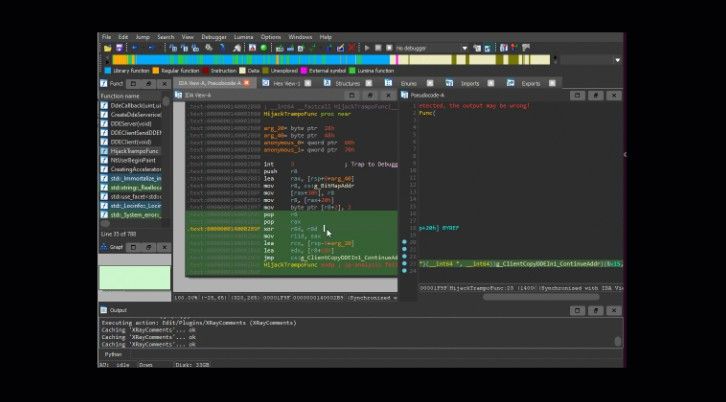normalizer
This python module is an easy-to-use port of the text normalization used in the paper “Not low-resource anymore: Aligner ensembling, batch filtering, and new datasets for Bengali-English machine translation“. It is intended to be used for normalizing / cleaning Bengali and English text.
Installation
$ pip install git+https://github.com/csebuetnlp/normalizer
Usage
from normalizer import normalize
input_text = """your input text"""
normalized_text = normalize(
input_text,
unicode_norm="NFKC", # type of unicode normalization (default "NFKC")
punct_replacement=None, # an optional string or callable for replacing the punctuations (default `None`, i.e. no replacement)
url_replacement=None, # an optional string or callable for replacing the URLS (default `None`, i.e. no replacement)
emoji_replacement=None, # an optional string or callable for replacing the emojis (default `None`, i.e. no replacement)
apply_unicode_norm_last=True # whether to apply the unicode normalization before or after rule based replacements (default True)
)
License
Contents of this repository are restricted to non-commercial research purposes only under the Creative Commons Attribution-NonCommercial-ShareAlike 4.0 International License (CC BY-NC-SA 4.0).
Citation
If you use this module in your work, please cite the following paper:
@inproceedings{hasan-etal-2020-low,
title = "Not Low-Resource Anymore: Aligner Ensembling, Batch Filtering, and New Datasets for {B}engali-{E}nglish Machine Translation",
author = "Hasan, Tahmid and
Bhattacharjee, Abhik and
Samin, Kazi and
Hasan, Masum and
Basak, Madhusudan and
Rahman, M. Sohel and
Shahriyar, Rifat",
booktitle = "Proceedings of the 2020 Conference on Empirical Methods in Natural Language Processing (EMNLP)",
month = nov,
year = "2020",
address = "Online",
publisher = "Association for Computational Linguistics",
url = "https://www.aclweb.org/anthology/2020.emnlp-main.207",
doi = "10.18653/v1/2020.emnlp-main.207",
pages = "2612--2623",
abstract = "Despite being the seventh most widely spoken language in the world, Bengali has received much less attention in machine translation literature due to being low in resources. Most publicly available parallel corpora for Bengali are not large enough; and have rather poor quality, mostly because of incorrect sentence alignments resulting from erroneous sentence segmentation, and also because of a high volume of noise present in them. In this work, we build a customized sentence segmenter for Bengali and propose two novel methods for parallel corpus creation on low-resource setups: aligner ensembling and batch filtering. With the segmenter and the two methods combined, we compile a high-quality Bengali-English parallel corpus comprising of 2.75 million sentence pairs, more than 2 million of which were not available before. Training on neural models, we achieve an improvement of more than 9 BLEU score over previous approaches to Bengali-English machine translation. We also evaluate on a new test set of 1000 pairs made with extensive quality control. We release the segmenter, parallel corpus, and the evaluation set, thus elevating Bengali from its low-resource status. To the best of our knowledge, this is the first ever large scale study on Bengali-English machine translation. We believe our study will pave the way for future research on Bengali-English machine translation as well as other low-resource languages. Our data and code are available at https://github.com/csebuetnlp/banglanmt.",
}







